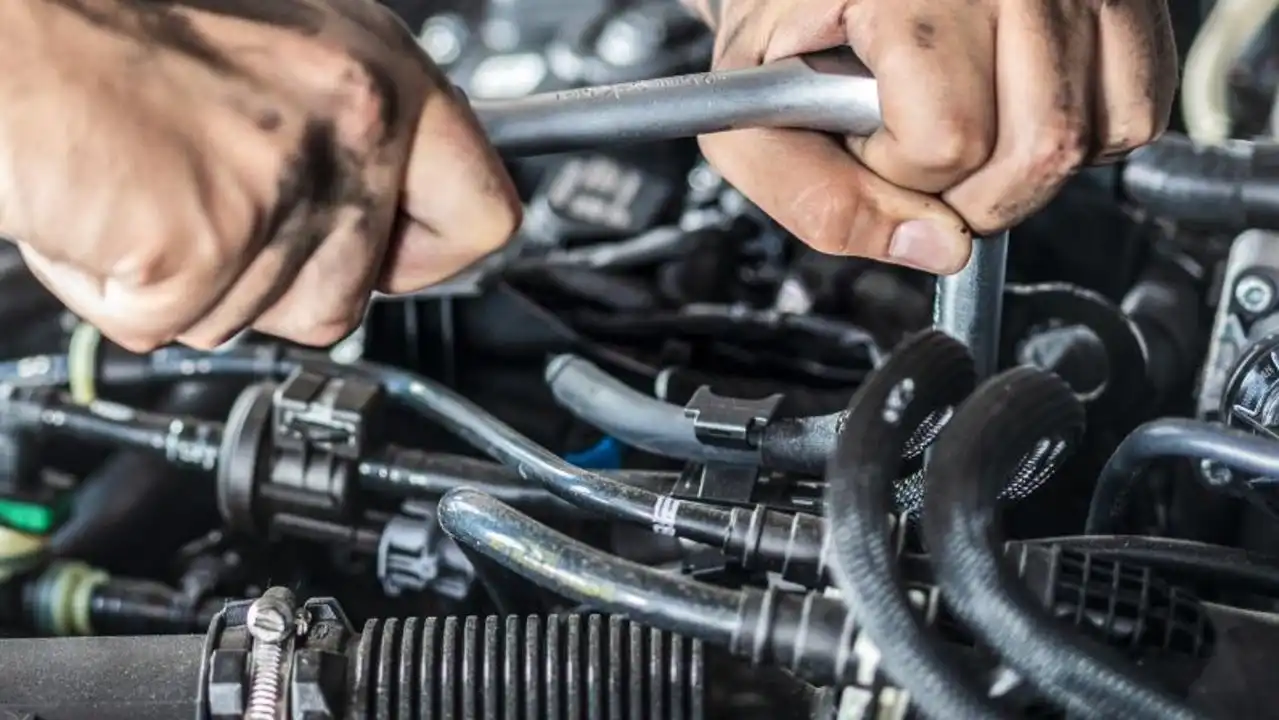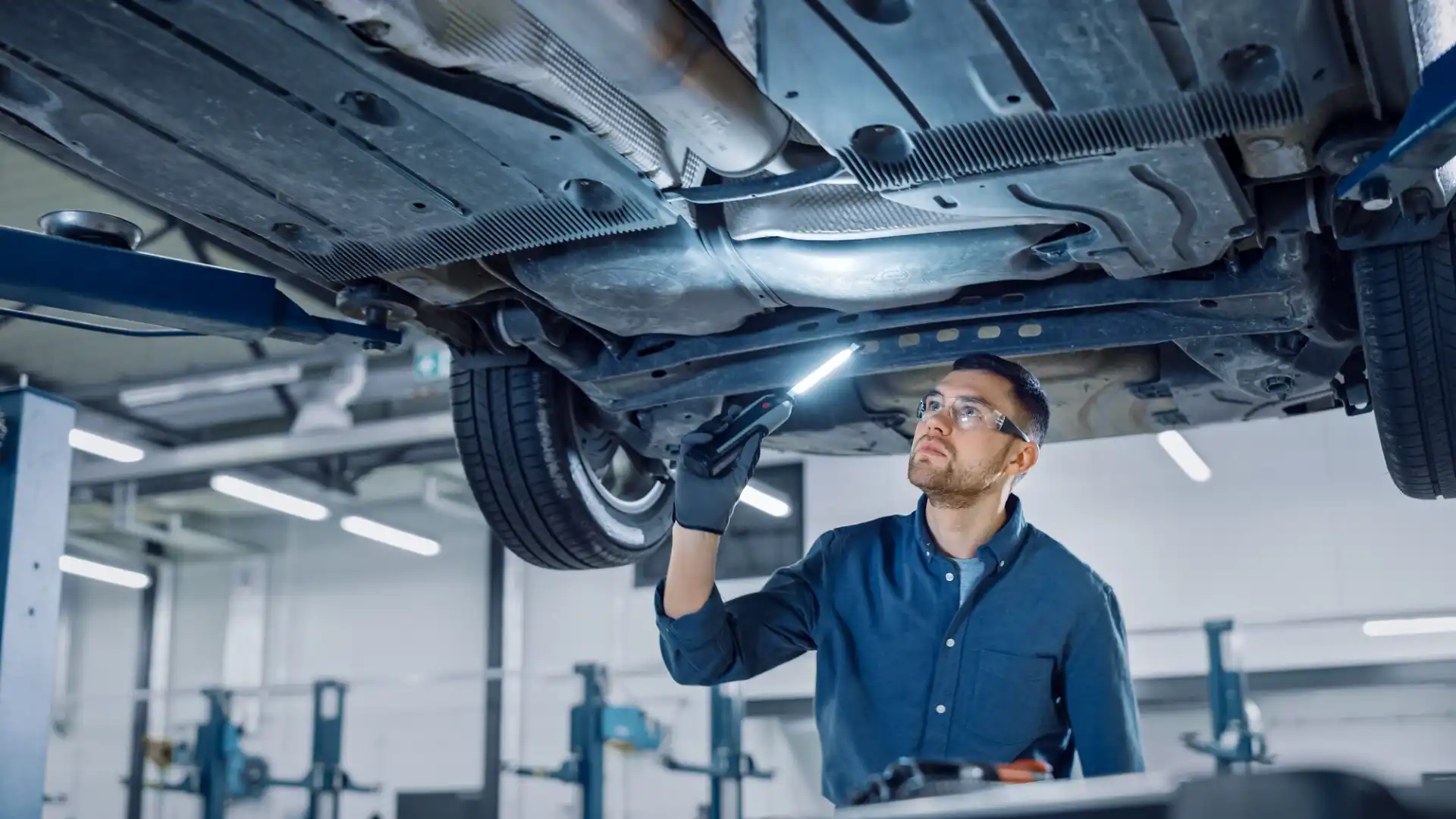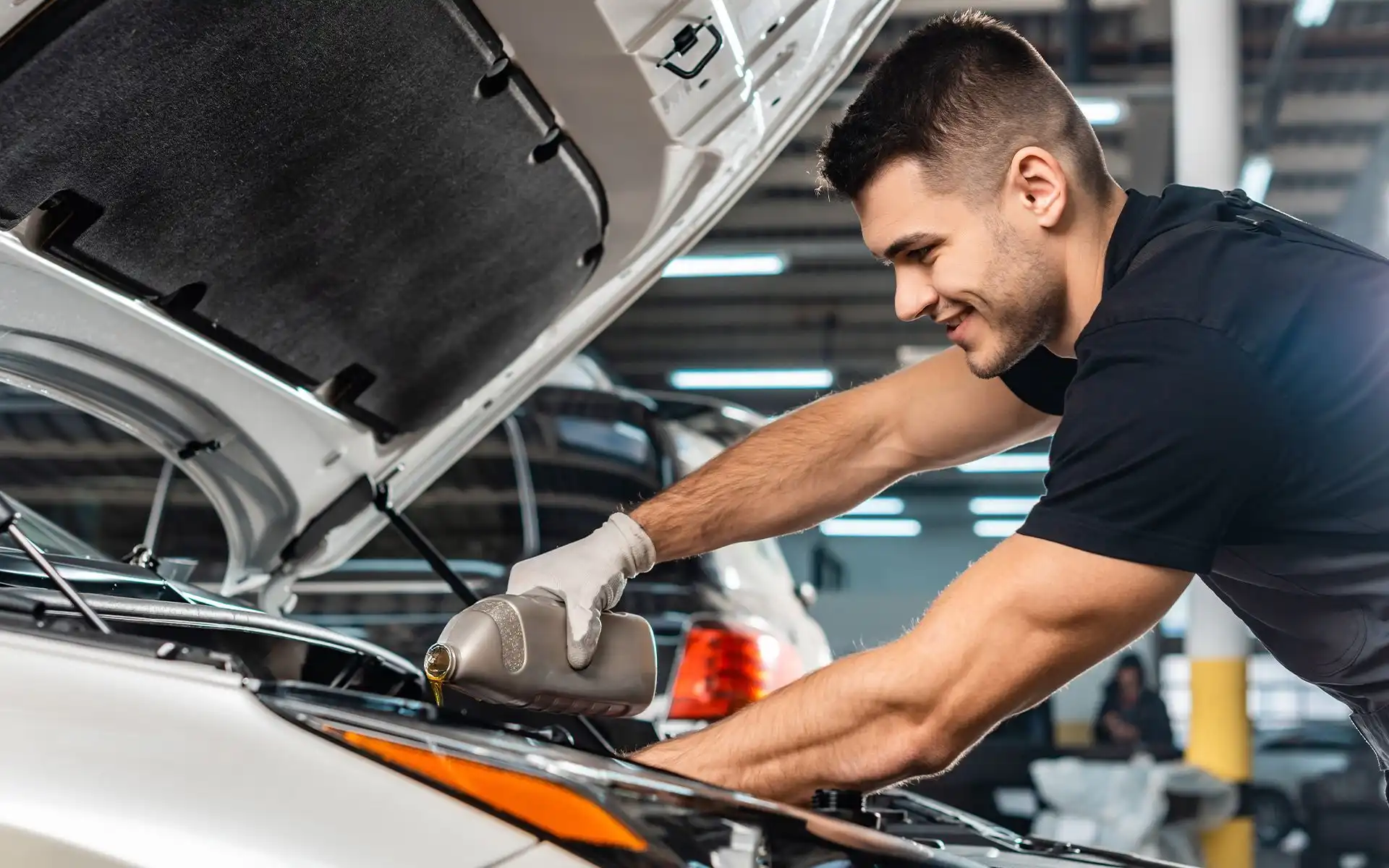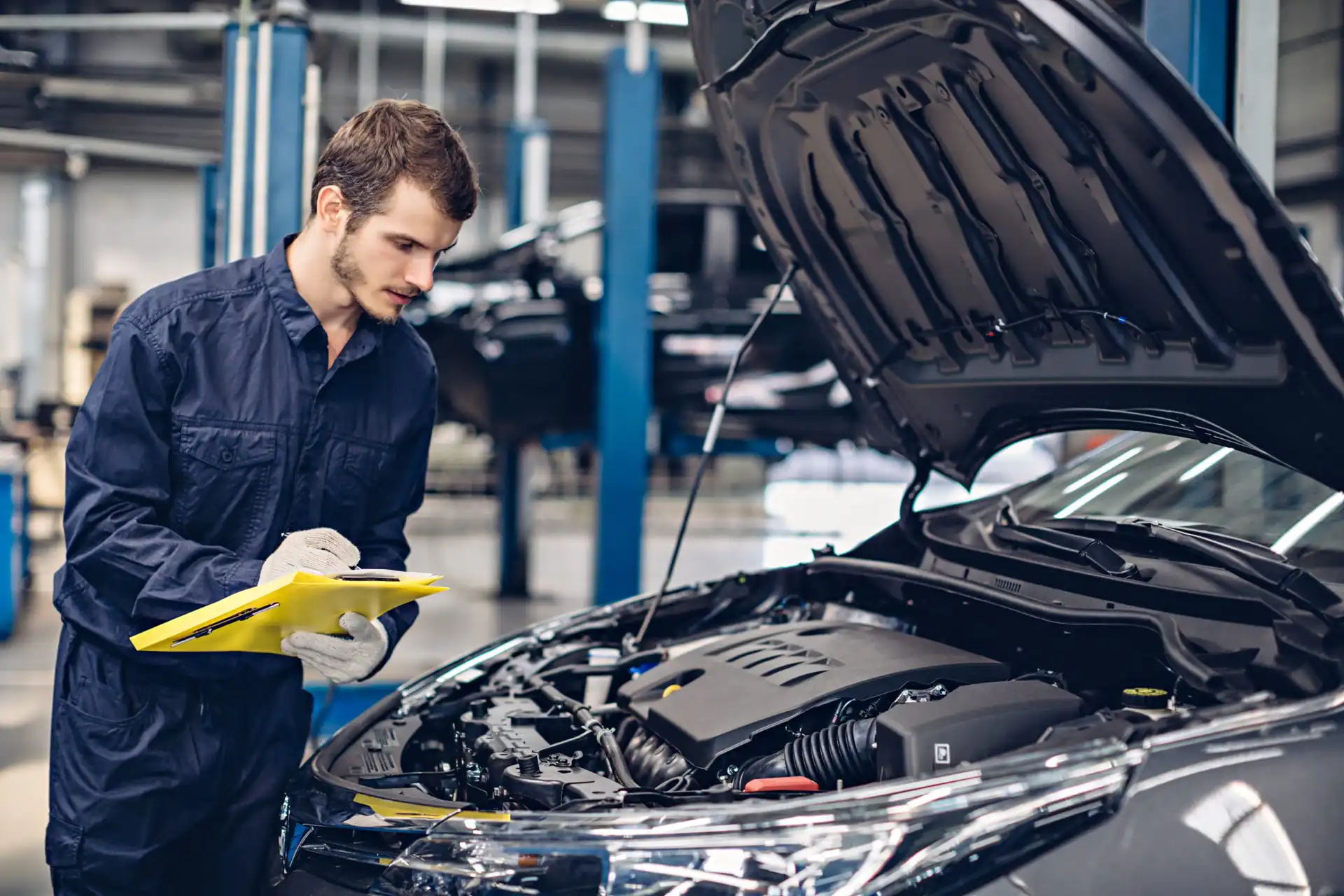Owning a car comes with responsibilities, and one of the most important is keeping your vehicle in top condition. Comprehensive auto repair is an essential aspect of vehicle ownership, ensuring that your car runs smoothly, efficiently, and safely for years to come. Whether you’re a seasoned car owner or a first-time buyer, understanding the basics of auto repair can help you make informed decisions about your vehicle’s maintenance needs.
In this ultimate guide, we’ll walk you through everything you need to know about comprehensive auto repair, from the importance of regular maintenance to choosing the right repair service. Let’s dive in!
What is Comprehensive Auto Repair?
Comprehensive auto repair covers a wide range of services aimed at maintaining and fixing your vehicle to ensure it runs optimally. It includes both preventive maintenance and necessary repairs for a variety of issues your car might face over time. This can involve everything from oil changes, brake checks, and tire rotations to more complex tasks like engine diagnostics, transmission repairs, and collision damage repairs.
In essence, comprehensive auto repair is all-encompassing and ensures that your car is well-cared for throughout its life cycle. It addresses every major and minor aspect of the vehicle, helping you avoid costly breakdowns and unexpected failures on the road.
Why is Regular Auto Maintenance Important?
Maintaining your car regularly is crucial for several reasons:
-
Prevent Breakdowns: Routine maintenance helps identify issues early before they develop into serious problems. A small issue, like a worn-out brake pad, can escalate into something much costlier if left unchecked. Regular check-ups can catch these issues in time.
-
Extend Vehicle Lifespan: Cars are significant investments. Regular maintenance and timely repairs can help extend the lifespan of your vehicle, saving you money in the long run by avoiding premature replacements.
-
Improved Safety: A well-maintained car is safer to drive. Regular inspections and maintenance of critical components like brakes, tires, and airbags can prevent accidents and keep you and your passengers safe on the road.
-
Fuel Efficiency: Keeping your car in good working condition, such as making sure the engine is tuned and the tires are properly inflated, can improve fuel efficiency. This means fewer trips to the gas station and less money spent on fuel.
-
Resale Value: A car that has been properly maintained will have a higher resale value. Keeping detailed records of all your maintenance and repairs can increase buyer confidence if you choose to sell your car later on.
Key Components of Comprehensive Auto Repair
Now that we understand the importance of regular auto care, let’s look at the essential services that fall under the umbrella of comprehensive auto repair:
1. Oil Changes and Fluid Checks
One of the most basic yet crucial aspects of auto repair is changing the oil regularly. Oil lubricates the engine, preventing it from overheating and sustaining damage. Depending on the type of oil and your car’s specifications, you should get your oil changed every 3,000 to 7,500 miles.
In addition to oil changes, your vehicle’s other essential fluids (coolant, brake fluid, transmission fluid, power steering fluid, and windshield washer fluid) should be checked regularly to ensure proper function.
2. Brake Repair and Maintenance
Your brakes are one of the most important safety features of your vehicle. Brake pads should be checked regularly for wear and replaced when necessary. In addition, brake fluid levels should be inspected, and if there is any sign of fluid leaks, repairs should be made immediately.
3. Tire Maintenance
Tires are another key component to keeping your car running smoothly. Regular tire rotations are essential to ensure even wear, which can help extend the life of your tires and improve gas mileage. Don’t forget to check tire pressure frequently, as under-inflated tires can cause unsafe driving conditions and decrease fuel efficiency.
4. Engine Diagnostics
Modern vehicles have advanced onboard diagnostic systems that can alert you to potential issues with your engine or other systems. It’s important to regularly check your engine’s performance to identify problems like misfires, poor fuel efficiency, or strange sounds that could indicate a deeper issue.
An engine diagnostic check can help pinpoint issues early on, saving you money on more expensive repairs down the road.
5. Transmission Repair
The transmission is the heart of your vehicle’s ability to change gears. Over time, it can wear down due to consistent use. Regular maintenance includes checking the transmission fluid and ensuring that the gears shift smoothly. If there are any issues, transmission repairs can be costly, so addressing problems early is key to avoiding major breakdowns.
6. Suspension and Steering
Your vehicle’s suspension system, which includes shock absorbers and struts, is responsible for maintaining a smooth and comfortable ride. Over time, these components can wear out, causing your car to handle poorly or make unusual noises. Regularly servicing your suspension system will improve driving comfort and prevent unnecessary wear on your tires.
7. Electrical Systems and Battery Checks
Modern cars rely heavily on their electrical systems to operate everything from lights and wipers to entertainment systems and airbags. Regular battery checks are essential to ensure that your car starts without issues. Additionally, checking your vehicle’s wiring and electrical systems can prevent problems with your car’s performance.
8. Bodywork and Collision Repair
After a car accident, your vehicle’s body may sustain significant damage. Comprehensive auto repair services include collision repair, ensuring that the structural integrity of the vehicle is restored. This includes fixing dents, replacing broken parts, and repainting areas that were damaged in the collision.
How to Choose the Right Auto Repair Shop
When selecting an auto repair shop, it’s important to consider the following factors to ensure you’re getting quality service:
-
Experience and Reputation: Look for a shop with a solid reputation and years of experience. Read reviews, ask for referrals, and ensure the shop has certified mechanics who specialize in your type of vehicle.
-
Comprehensive Services: Choose a repair shop that offers a wide range of services, from routine maintenance to complex repairs. A comprehensive auto repair shop should be able to handle all of your vehicle’s needs.
-
Transparency and Pricing: A reliable shop should be transparent about pricing and services. Be wary of hidden fees or upselling. Request an estimate before any major work is done.
-
Warranty on Repairs: Ensure that the repair shop offers warranties on their work. This provides peace of mind that the repairs will be done correctly and any issues will be addressed without extra cost.
Conclusion
Comprehensive auto repair is essential for keeping your vehicle running at its best. Regular maintenance and timely repairs can save you money, improve safety, and extend the lifespan of your car. By staying on top of routine services and choosing a reliable repair shop, you can ensure that your car remains in optimal condition, providing you with peace of mind on the road.
If you’re in need of trusted auto repair services, Carr’s Auto Repair is here to help. Our experienced team provides comprehensive auto care for all types of vehicles, ensuring you get the best possible service every time. Whether it’s routine maintenance or a major repair, we’ve got you covered—every mile of the way.





